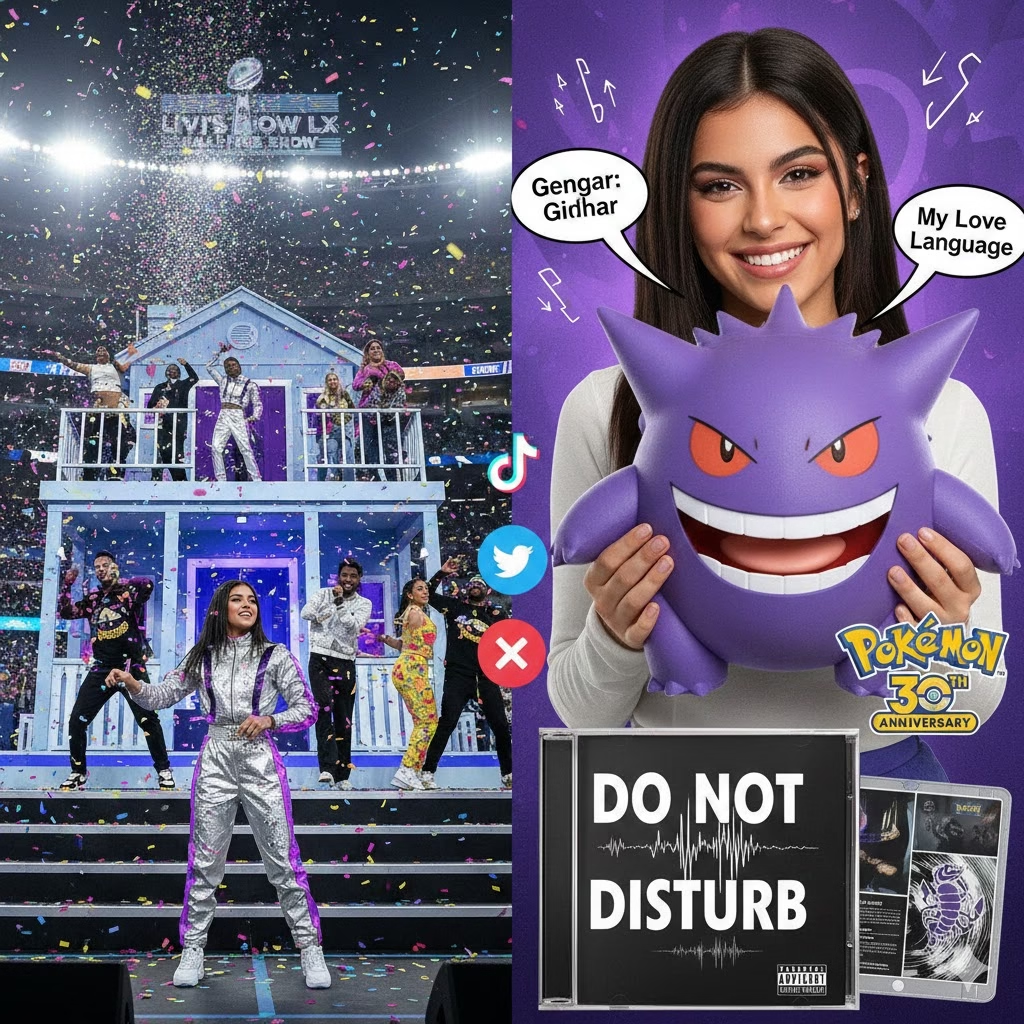
Friendships are supposed to give you support, laughter, and trust—but they don’t always. At times, the dynamic gets out of whack and you feel drained, unvalued, or trapped, giving more than you’re getting. Below are 10 signs that you could be in a toxic or one-sided friendship—and how you can escape.

10. Gossip and Betrayal
If you observe your friend always gossiping about people behind their backs or revealing your secrets, it’s a huge red flag. Betrayal and gossip destroy trust and make you feel insecure in the relationship. According to Calm Blog, “If your friend often talks about others behind their backs, it’s a sign they might not be trustworthy.” It might make you wonder about your own judgment and make you feel lonely.

9. Reliability Problems
Unreliable friends consistently promise less, cancel plans at the last minute, or don’t show up when you need them. Such unreliability erodes your belief in the friendship and can make you feel unsupported and undervalued. If it’s always you who’s rearranging your life or cleaning up after them, it’s time to rethink the terms of your relationship.

8. Ongoing Conflict
Arguments and drama tend to accompany toxic friendships like a shadow. Differing opinions are natural, but when all interactions become arguments or your friend employs guilt-tripping and gaslighting to get her way in an argument, you’re trapped in an energy-draining cycle. Ongoing conflict may leave you hesitant to express your thoughts or needs.

7. Manipulative Behaviors
Manipulation may be insidious or blatant. Guilt trips, emotional blackmail, or dishonesty are all manipulative techniques used by toxic friends to control the relationship in their favor. MIND 24-7 Team states, “Examples of emotional manipulation include guilt-tripping, emotional blackmail, or using personal information to manipulate or harm.” When you sense that you’re always the cause of their happiness or decisions, manipulation is likely to occur.

6. Imbalance of Effort
Healthy friendships are a two-way street. If you’re always the one making plans, reaching out, or offering support, while your friend rarely reciprocates, the relationship is out of balance. This one-sided dynamic can lead to resentment, emotional exhaustion, and a sense of being taken for granted. According to Sunshine City Counseling, “A one-sided friendship is a relationship where one person puts in all the effort, while the other person contributes very little.”

5. Lack of Empathy
Empathy is what keeps friendships together. Toxic friends tend to brush off your feelings, belittle your issues, or respond with indifference when you reveal something significant. If you feel ignored or discredited, it’s a sign your emotional needs are not being met.

4. Lack of Support
When you have good news or success, a good friend rejoices with you. Negative friends will be jealous, indifferent, or annoyed. The lack of support will leave you feeling isolated, even if you are among others. If your friend isn’t cheering you on and encouraging you, the friendship is possibly harming you more than it’s helping.

3. Constant Criticism
Positive criticism is good, but toxic friends tend to criticize you excessively and unfairly. This results in lowered self-esteem and feelings unappreciated. GRW Health states that “A toxic friend’s constant criticism can make you feel worse about yourself than if you didn’t hang out with them at all.”

2. Constant Negativity
Negative interactions with toxic friends are common. Rather than energized, you feel drained or belittled after talking to them. Long-term exposure to negativity leeches energy and fills you with anticipation of avoiding them.

1. Lack of Respect for Boundaries
Healthy friendships honor your boundaries—whether they’re your time, space, or emotional boundaries. Toxic friends never respect these boundaries, demanding your time and energy or denying your need for privacy. On Calm Blog, it is written that, “Remember, people in healthy friendships respect boundaries. Toxic friends often disregard and cross these boundaries.”
Breaking Free and Healing
The first step toward protecting your mental well-being and reclaiming your peace is identifying these signs. If you are in a toxic or imbalanced friendship, begin by establishing strong boundaries and limiting contact. Reach out to trusted friends, relatives, or a therapist for support to help you work through your emotions and gain some perspective. When you feel ready, be direct and assertive about ending the situation—don’t leave it vague or up in the air. Recovery is a process, so get back in touch with yourself, invest in healthy relationships, and take care of yourself. Remember, you deserve friendships that uplift, support, and respect you.

















